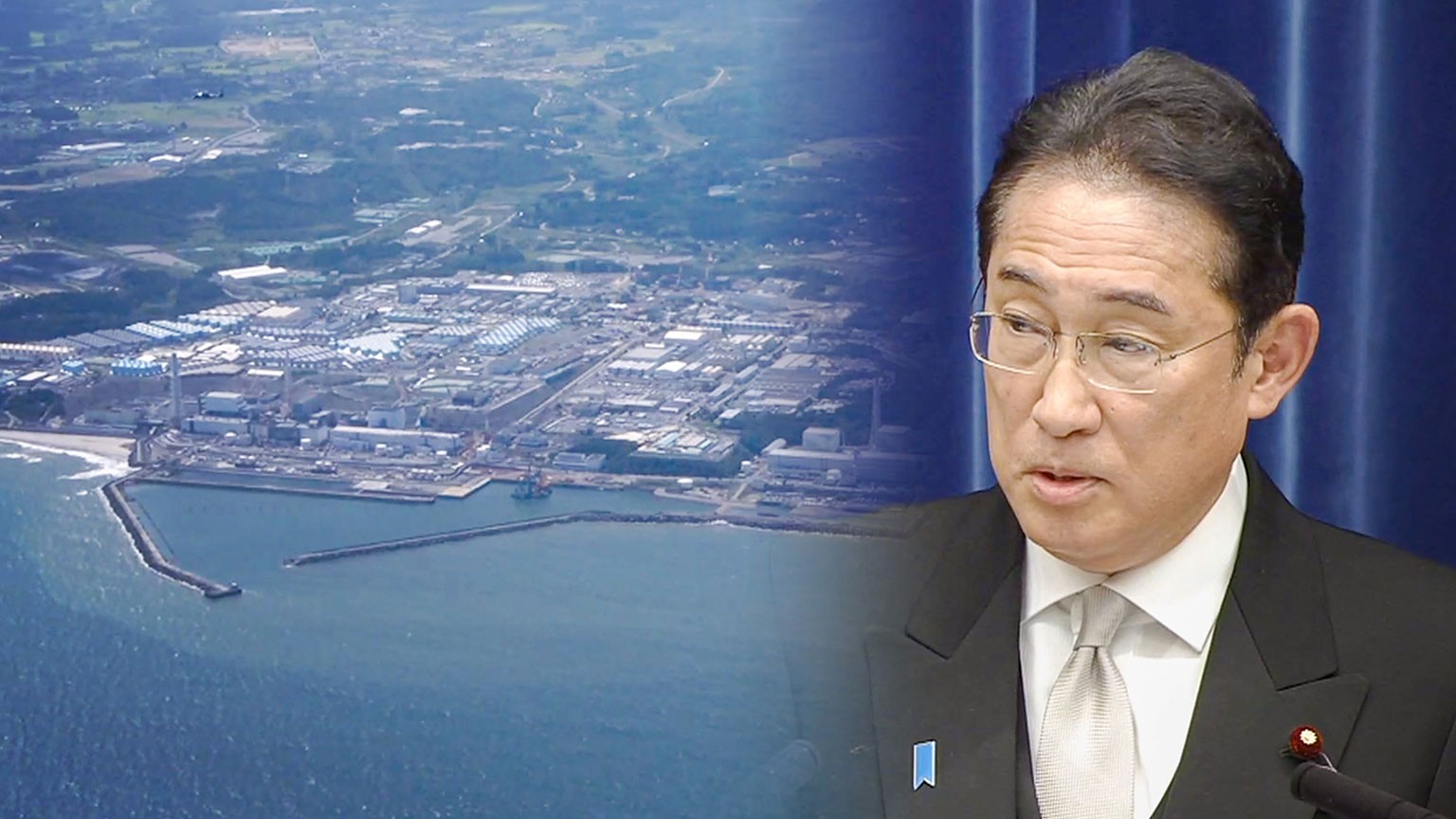The plant suffered a triple meltdown in the 2011 earthquake and tsunami. Water used to cool molten fuel has been mixing with rain and groundwater that seeps into the damaged reactor buildings.
The accumulated water is being treated to remove most radioactive substances, but it still contains tritium. The treated water is stored in more than 1,000 tanks.
Before releasing the treated water into the ocean, it is diluted to reduce tritium levels to about one-seventh of the World Health Organization's guidance level for drinking water.
The operator says it discharged 10 tanks, or nearly 8,000 tons, of treated water in the first round that ended on September 11. Four more rounds of water discharge will be carried out by the end of next March. A total of 31,200 tons of water will be released — the equivalent of 40 full tanks.
Since the start of the release, TEPCO, as well as central and local government officials, have been testing seawater and fish from multiple points offshore from the plant.
As for the seawater, they say the concentration of tritium has been 10 becquerels per liter at the highest so far. This is far below 700 becquerels per liter, the level set by the utility for suspending the release. Analyses of fish also showed all below 10 becquerels.
On Monday, Japan's Environment Ministry announced the results of its fifth weekly survey of water samples collected last Tuesday. It says the concentration of tritium at all 11 points was below the lower limit that can be detected.
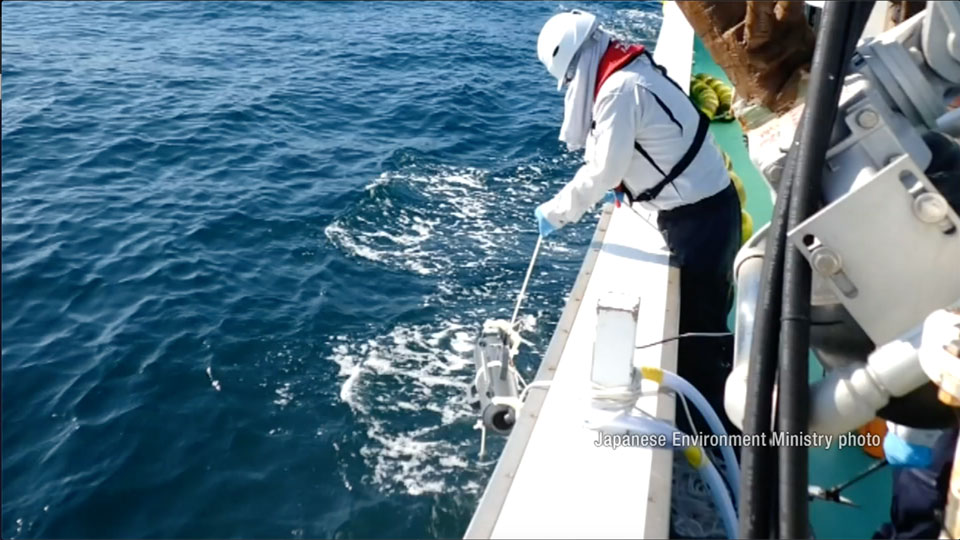
Nuclear plants and related sites around the globe regularly discharge tritium. TEPCO says it will not exceed 22 trillion becquerels annually. That's far lower than tritium levels from other sources, including nuclear facilities in South Korea and China. According to the Japanese government, two of China's plants each discharge five times Fukushima Daiichi's upper limit every year.
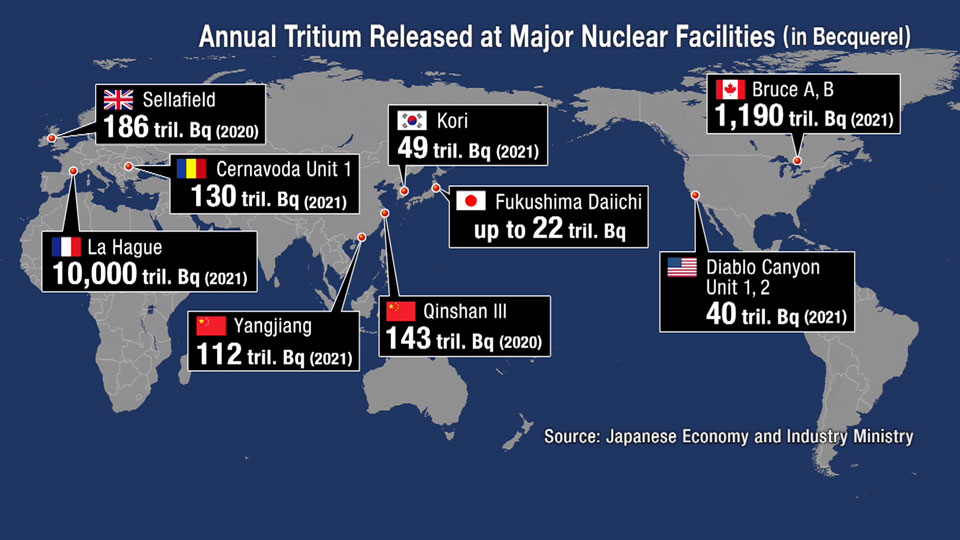
Drop in sales for fisheries industry
Seafood wholesalers at Tokyo's Toyosu market have seen sales tumble due to import restrictions imposed by China.
Beijing suspended all imports of Japanese seafood following the start of the discharge operation in August. Hong Kong and Macao have since banned imports of marine products from 10 prefectures, including Fukushima and Tokyo.
A wholesaler at Toyosu, Yamaharu, exports premium fish to more than 20 countries and regions. In the past, about half of its shipments went to Hong Kong and some went to mainland China.
The firm says its monthly sales have fallen by hundreds of thousands of dollars due to the import suspension.
It is now considering exploring markets in the Middle East and elsewhere, as well as boosting sales in Japan. But it is not easy to find new business partners and domestic demand for expensive seafood is limited.
The president of Yamaharu, Yamazaki Yasuhiro, says he hopes Japanese politicians would do a better job persuading China and Hong Kong to revise their policies.
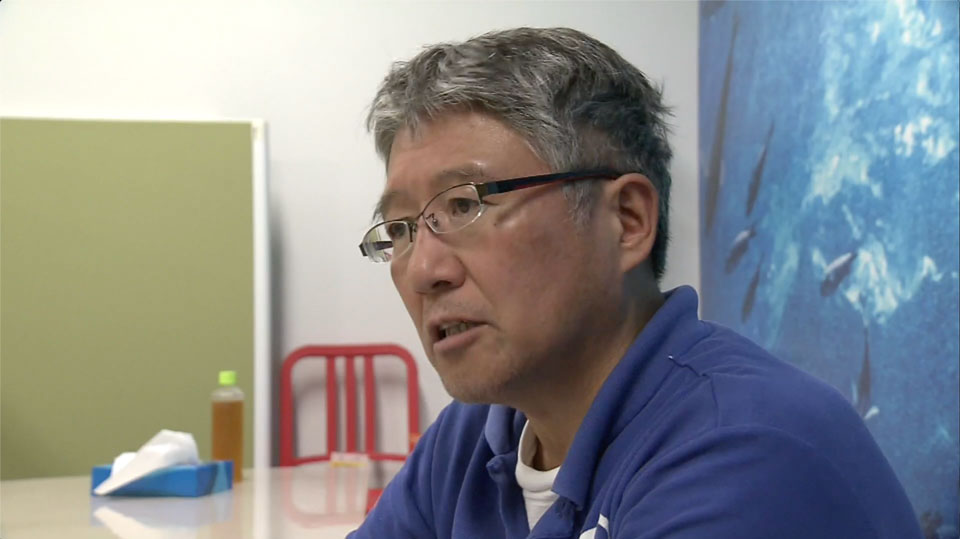
Japan to urge China to lift ban
Japanese Prime Minister Kishida Fumio has been taking every opportunity to expound the scientific safety of the water release to leaders from around the world. He said he explained to G20 leaders about the water release on September 9 in New Delhi.
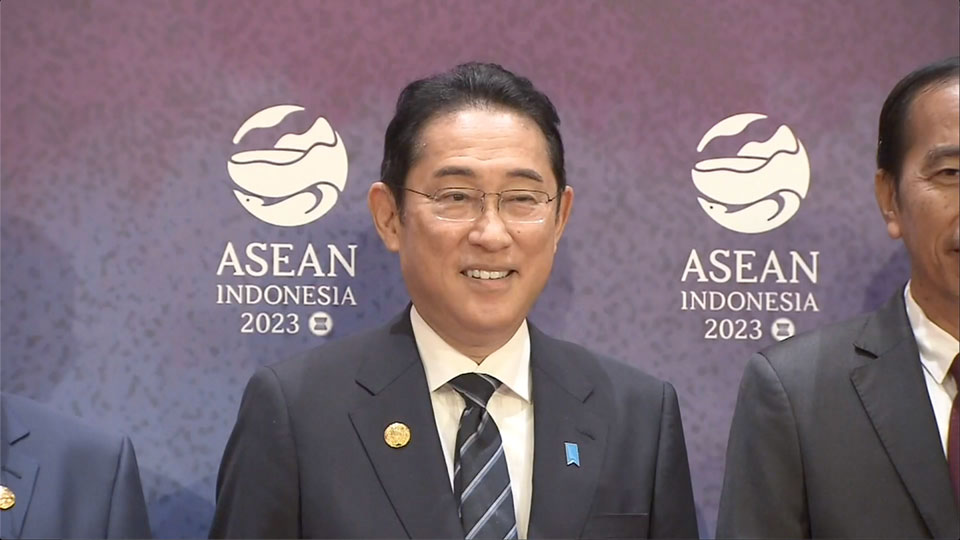
Many countries have expressed their understanding and support for Japan's decision, but China remains adamant about its opposition and is showing no sign of budging.

Bricks were thrown at the Japanese embassy after the water release started in August and negative reports were run on state-run media. There are currently no reports of big protests in China but the Japanese government sources say Japan's embassy in Beijing still receives up to 20,000 prank calls per day.
The Japanese government says it will continue its effort to persuade China to lift the restrictions. It is considering appealing to the World Trade Organization.
The General Conference of International Atomic Energy Agency or IAEA kicked off on September 25 in Vienna. Representatives from member states have gathered for the five-day meeting. Japanese Science and Technology Policy Minister Takaichi Sanae will ask the members to understand the reason for the release of the water from Fukushima Daiichi.
